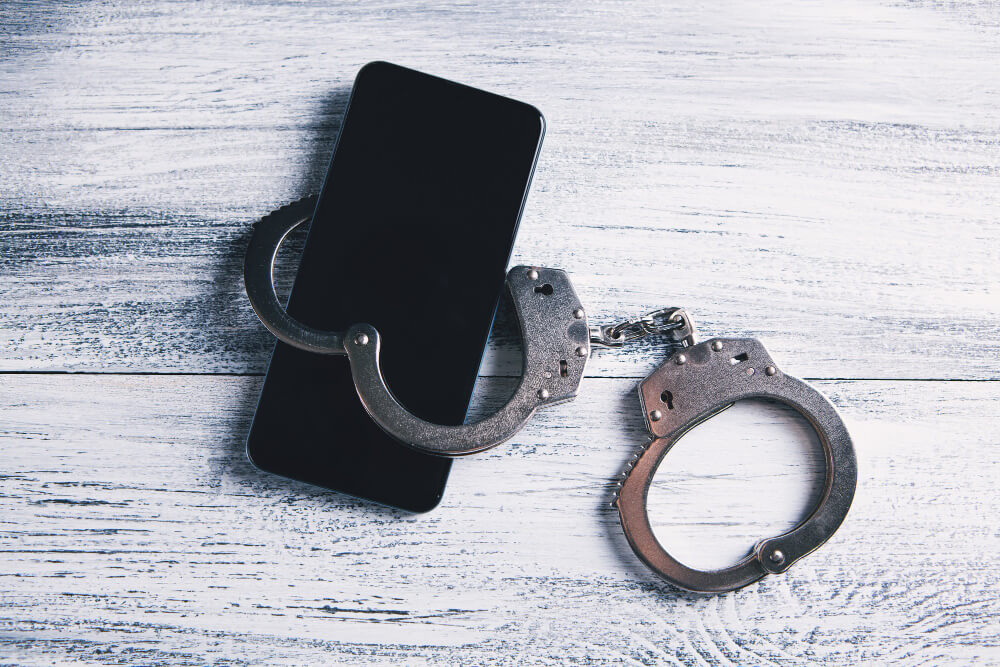Justice Pierre-Louis and the five-Justice majority concluded with the following in relevant part: Because comments like those made in this case about the defendant’s identity and evidence that purportedly links the defendant to the crime could well make an incourt identification highly suggestive, the Court directs that such information be disclosed under Rule 3:11 as well. The Court also explains that, in situations like what occurred here, the State must complete a photo display witness statement form. The circumstances of Rosette Martinez’s in-court identification were highly suggestive, and therefore, the identification should have been excluded.
An appellate court may reverse a trial court’s judgment if the cumulative effect of a series of errors is so great as to deprive a defendant of a fair trial. Here, the trial court allowed the jury to hear two significant pieces of unreliable evidence that purportedly connected defendant to the robbery: Special Agent David’s testimony placing defendant’s phone at or near the crime scene and Rosette Martinez’s firsttime in-court identification that defendant was the intruder. The State stressed the credibility of both pieces of evidence in summation, and Martinez’s testimony — as the only witness who identified defendant as the intruder — could have had a serious impact on the jury’s perception of defendant’s guilt or innocence in conjunction with Special Agent David’s testimony. The due process concerns raised by the likelihood of misidentification in Martinez’s testimony magnify the harmfulness of the trial court’s error. Balancing the other evidence presented by the State against the force of the improperly admitted evidence, the Court finds that the cumulative error impacted and prejudiced the fairness of defendant’s trial. Therefore, defendant’s conviction and sentence must be vacated and a new trial granted. At a retrial, the State may not ask Rosette Martinez to identify defendant again.
Justice Solomon, joined by Justice Patterson dissented. In summary, they agreed that the trial court erred in admitting the disputed testimony by Special Agent David and Rosette Martinez’s first-time in court-identification. They believed that those errors are harmless in light of the sheer volume of competent evidence against defendant — most notably his DNA on the Costco shopping bag found at the scene, the photographs of Martinez’s unique watch on his phone, and the corresponding testimony about the intruder’s text message alerts and the taking of photographs.
The dissent ignores the fact that if the evidence against the defendant were overwhelming without the clearly improper testimony, the State would not have risked this reversal by presenting the clearly improper testimony. The defendant’s DNA on the shopping bag was likely due to the fact that he had worked in the area with his brother some weeks earlier.

